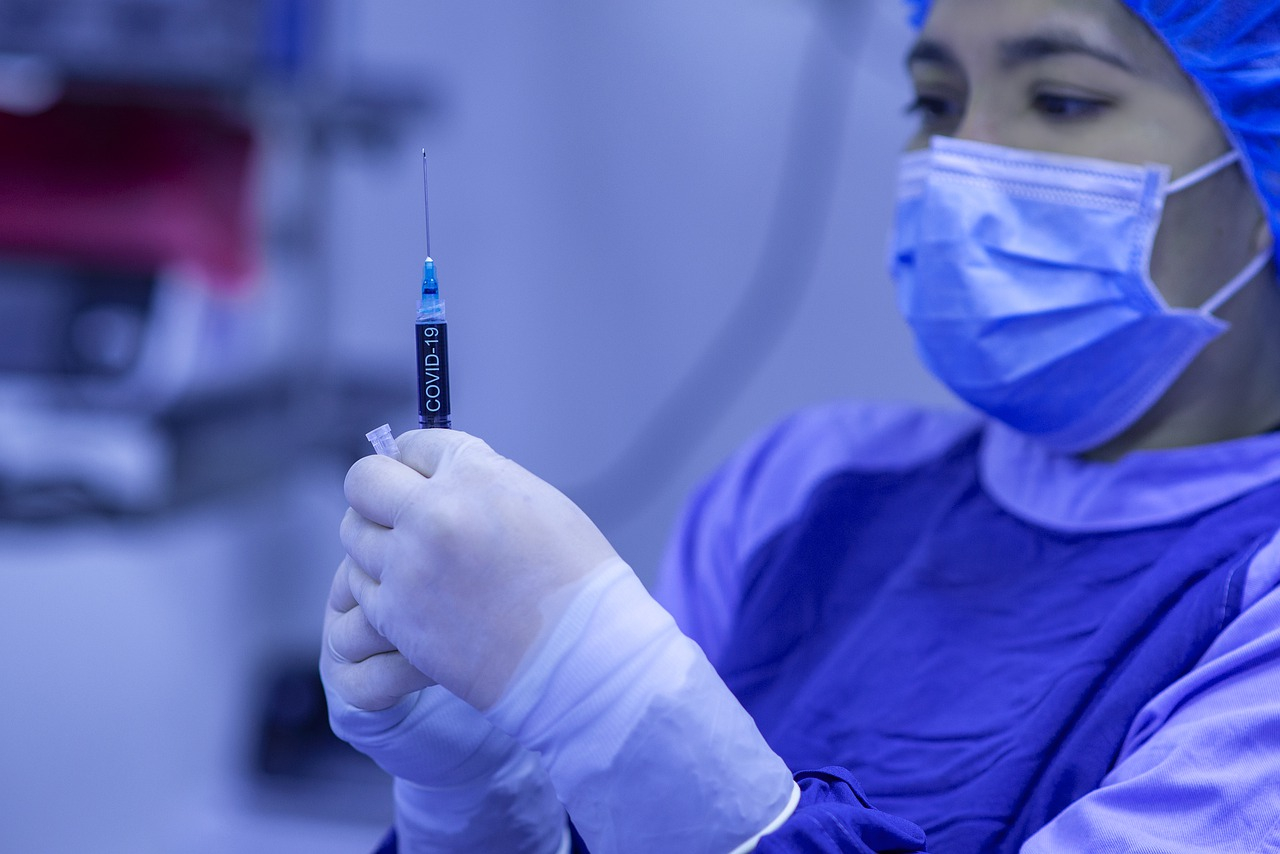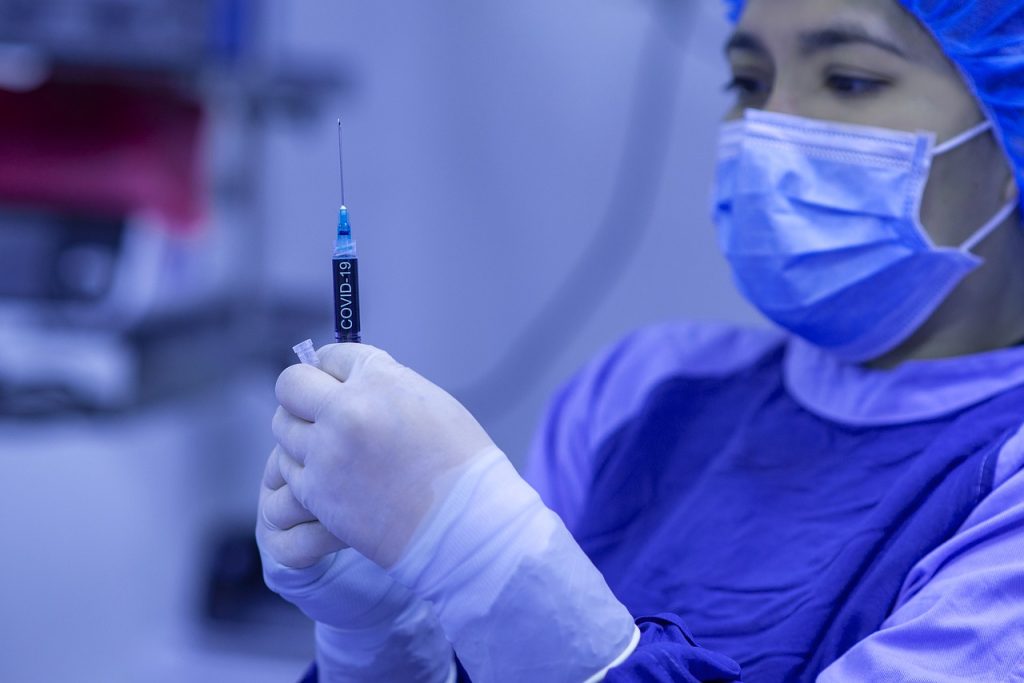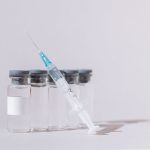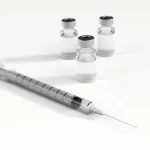
ZAGREB, November 14, 2020 – Croatia, in cooperation with the European Union, has ordered COVID vaccines from several companies, and the delivery of the reserved doses can be expected in the country as soon as the vaccinations are registered, Prime Minister Andrej Plenkovic said at a news conference in Zagreb on Saturday.
Croatia, in agreement with the EU, has concluded several Advance Purchase Agreements.
For instance, the European Commission and AstraZeneca have concluded such agreement on the delivery on 300 million doses of its coronavirus vaccine for the whole EU, and Croatia has ordered 2.7 million doses from that company.
Sanofi is supposed to provide the EU with 300 million doses, and the distribution of its vaccines across the EU member-states will be defined in December, Plenkovic told the news conference.
The EU is going to purchase 200 million doses from Janssen Pharmaceutica owned by Johnson & Johnson, and Croatia has booked 900,000 doses.
Finally, 200 million doses of the vaccine developed by the Pfizer & BioNTech have been booked for the EU plus an additional 100 million doses, and Croatia has reserved a million doses of this vaccine.
Commenting on the healthcare system in the country and struggle to contain the novel coronavirus, Plenkovic underscored that on Friday, his cabinet allocated HRK 1.34 billion to hospitals for the repayment of a part of the debt to drug wholesalers through a revision of the state budget.
He underscored the government’s decision to approve state aid in the amount of HRK 88.5 million for Croatia Airlines to help it deal with the consequences of the coronavirus pandemic.
Job retention measures, rise in basic and minimum wages by €127 and €120 respectively
Considering the job-retention measures, the government will have paid more than eight billion kuna for that purpose, he recalled.
He also underscored Friday’s agreement between the government and public sector unions on a HRK 1,500 Christmas bonus and a previously agreed 4% base pay rise.
Thus, the government has reached the target of its four-year policy to have the wages raised by 18.3%.
The basic wage has increased by 952 kuna, and the minimum wage has increased by 904 kuna over that period of four years, he said.
(€1 = HRK 7.5)











